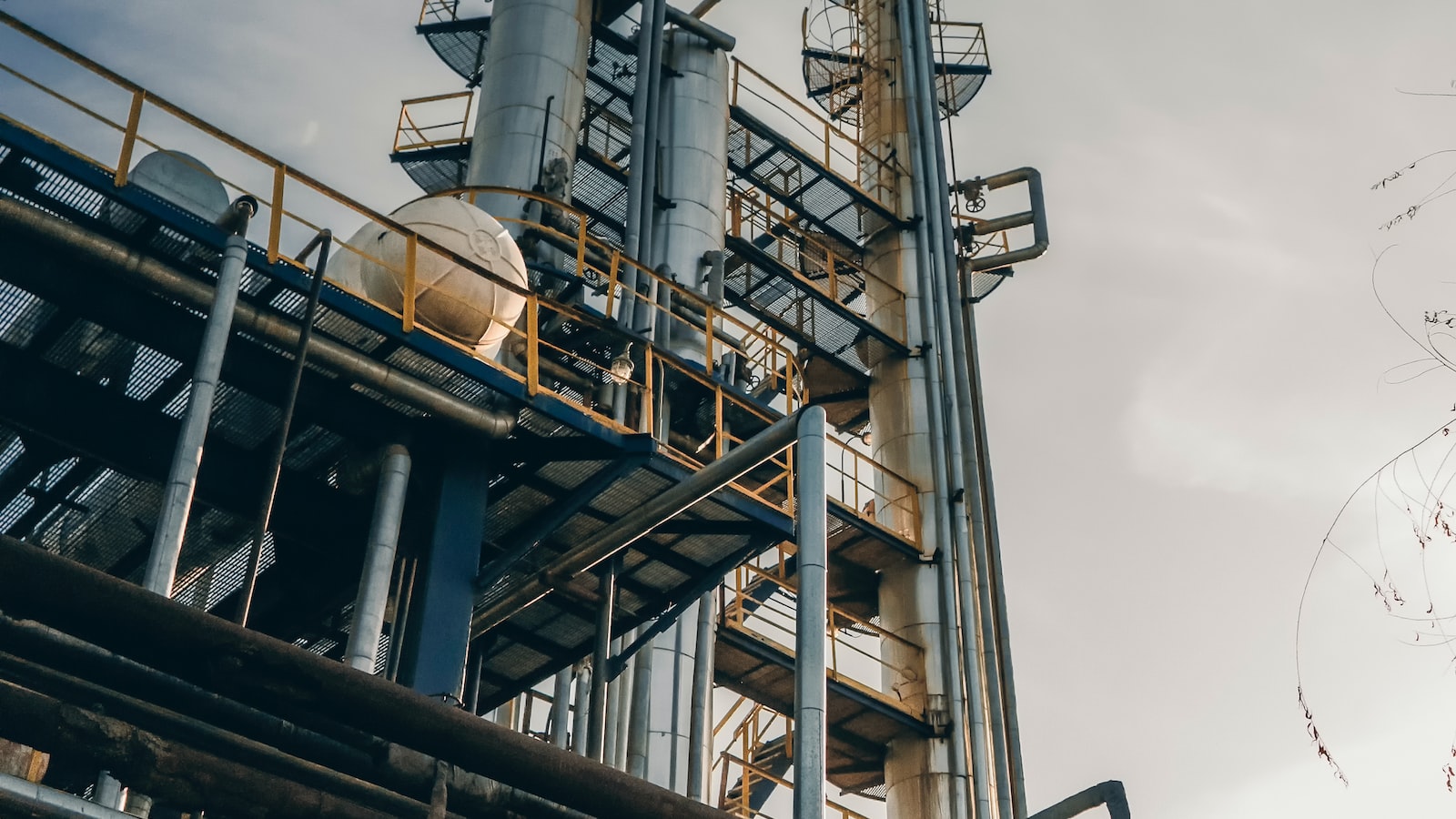
As the world moves towards a more sustainable future, finding ways to reduce environmental impact in various industries becomes paramount. The petrochemical industry is no exception. Traditionally associated with environmental concerns due to its reliance on fossil fuels, petrochemical companies have been actively working towards a sustainable future by adopting greener practices and pursuing alternative feedstocks.
“Petrochemicals play a vital role in modern life, providing key products such as plastics, fertilizers, and pharmaceuticals. Our industry recognizes the need to operate sustainably and is committed to finding innovative solutions.”
– John Smith, Petrochemical Industry Leader
Petrochemicals are chemicals derived from hydrocarbons, primarily obtained from crude oil and natural gas. They serve as building blocks for a wide range of products that we rely on every day. Plastics, for instance, are derived from petrochemicals and have revolutionized numerous industries. However, the production and disposal of plastics have brought about environmental concerns, such as plastic pollution in oceans and landfills.
The petrochemical industry acknowledges these issues and is actively investing in research and development to find solutions that balance the benefits of petrochemical products with environmental sustainability. One significant effort is the development of biodegradable or recyclable plastics that can replace their conventional counterparts. Researchers worldwide are exploring innovative materials and manufacturing processes to ensure a circular economy, where plastic waste is minimized.

Research and development in the petrochemical industry
Additionally, petrochemical companies are focusing on reducing their carbon footprint by optimizing energy efficiency and adopting technologies that support cleaner production processes. They are actively investing in renewable energy sources and exploring carbon capture and storage methods to mitigate greenhouse gas emissions.
Moreover, petrochemical companies are looking beyond fossil fuels for feedstocks. As technologies advance, they are exploring the use of biomass, waste, and carbon recycling as alternative sources. These efforts aim to reduce dependence on crude oil and natural gas and contribute to a more sustainable and diversified feedstock supply chain.
The drive for sustainability in the petrochemical industry extends beyond environmental concerns. Companies are increasingly recognizing the importance of social responsibility and are implementing initiatives to support local communities, promote employee safety, and enhance the overall well-being of their workforce.
In conclusion, the petrochemical industry is actively shaping a sustainable future through various initiatives. From developing recyclable plastics to exploring alternative feedstocks and investing in renewable energy sources, petrochemical companies are working hard to minimize their environmental impact. As the industry progresses, it will continue to find innovative solutions that align with the goals of sustainability, helping to create a greener and more prosperous future for all.





